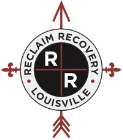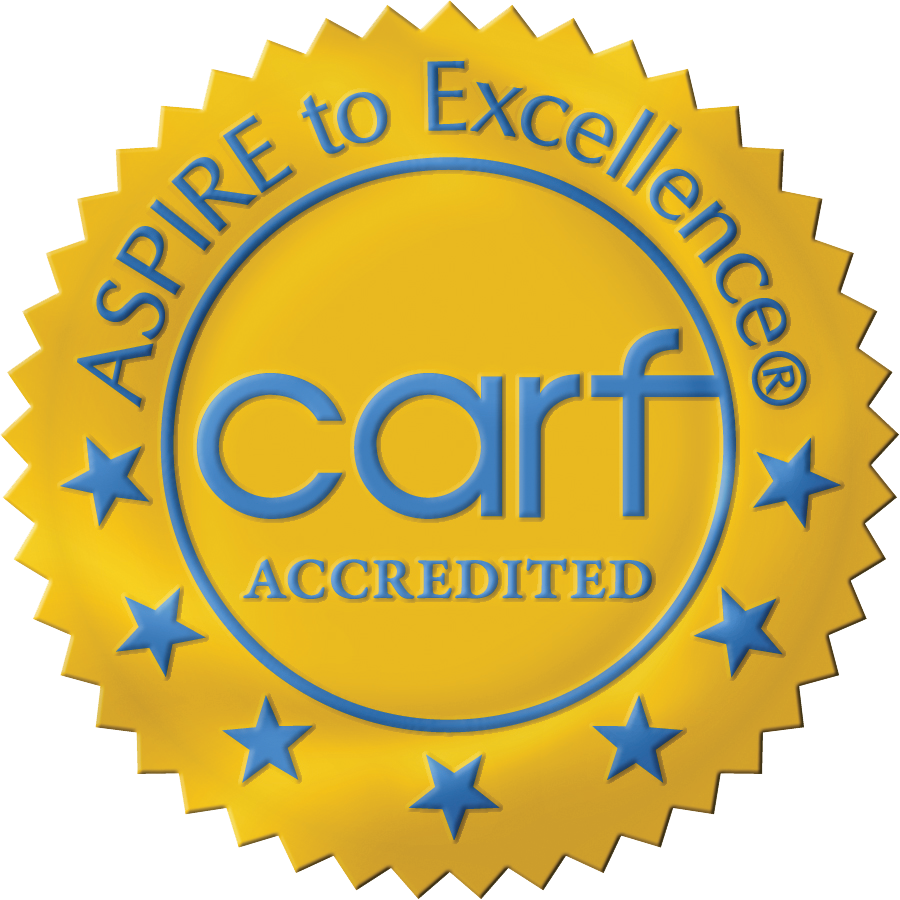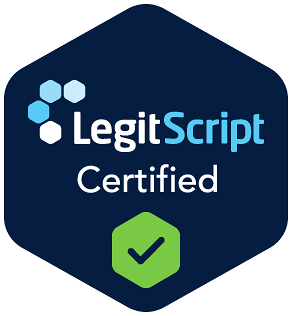Our Blogs

Louisville Addiction Treatment Centers: How to Choose the Right One for You
Finding the right addiction treatment center can be a life-changing decision—but with so many options in Louisville, it’s not always clear where to begin. The wrong environment or program can slow progress or lead to relapse. The right one can rebuild a life.
Whether you're searching for yourself or a loved one, it's important to focus on more than just location or insurance compatibility. True healing happens in places that combine expert care, personalized support, and a clear vision for long-term recovery.
Start by Understanding the Core Types of Treatment
Not every addiction center serves the same purpose. In general, you’ll be choosing between:
Inpatient treatment: A structured residential program where individuals live on-site, receive 24/7 care, and focus exclusively on recovery. Ideal for those with severe addiction or co-occurring mental health needs.
Outpatient treatment: Clients live at home but attend scheduled sessions several times per week. This is often a better fit for those balancing responsibilities or transitioning from inpatient care.
In Louisville, facilities like Reclaim Recovery offer outpatient addiction treatment with a high degree of personalization—providing the structure of professional guidance while allowing flexibility for day-to-day life.
Key Factors That Separate the Best from the Rest
When choosing a center, the following elements are essential:
Evidence-based therapies: Look for programs that offer modalities like CBT (Cognitive Behavioral Therapy), DBT (Dialectical Behavioral Therapy), trauma-informed care, or EMDR.
Dual-diagnosis support: Addiction often co-exists with anxiety, depression, or trauma. Centers should treat mental health conditions alongside substance use.
Personalized treatment plans: Avoid one-size-fits-all models. Strong programs begin with a comprehensive intake assessment and evolve the plan as progress is made.
Peer and community support: Recovery is strengthened by group therapy, 12-step meetings, and peer recovery specialists.
Qualified clinical team: Ask about staff credentials. Licensed therapists, case managers, and medical professionals should work collaboratively on your care plan.
Red Flags to Watch Out For
Not every center is fully equipped or transparent. Be cautious if you encounter:
Vague or generic treatment descriptions
Lack of licensed mental health professionals
Pushy intake staff who avoid answering detailed questions
No clear aftercare or relapse prevention plan
How Environment and Location Can Influence Progress
The healing environment matters. Many people overlook this when they’re focused on logistics—but stress, noise, and unsafe surroundings can trigger cravings or anxiety. Look for facilities in peaceful neighborhoods, with welcoming staff and clean, comfortable spaces. Accessibility also matters—especially if attending outpatient care regularly.
Louisville’s diverse neighborhoods give you a range of settings—from urban to suburban. Finding one that feels safe and calming can make a meaningful difference.
Affording Care: Know Your Options
The cost of addiction treatment can be a source of stress, but it shouldn’t be a roadblock. Reputable centers will walk you through:
Kentucky Medicaid eligibility and what it covers
Private insurance coverage (most will verify benefits for you)
Sliding scale payments or financing plans
Grants or community-based resources that help reduce out-of-pocket costs
Reclaim Recovery is one of several Louisville providers that accepts Medicaid and helps clients explore affordable treatment pathways.
Making the Final Decision
Once you’ve narrowed it down, consider taking these steps:
Visit the facility or request a virtual tour
Speak with staff or alumni to get a sense of their approach
Ask for a sample schedule so you understand the daily structure
Request transparency on relapse prevention and long-term planning
Trust your instincts. The right center will make you feel seen, supported, and informed—not rushed or pressured.
Frequently Asked Questions (FAQ)
1. What’s the difference between a rehab center and an outpatient treatment center?
Rehab centers typically refer to inpatient or residential programs, while outpatient treatment centers allow you to live at home and attend structured sessions during the day.
2. How do I know if a center accepts Kentucky Medicaid?
Call the center directly and ask about their Medicaid partnerships. Most will verify your coverage before intake and explain any co-pays or eligibility requirements.
3. Are family members involved in outpatient treatment?
Many Louisville centers encourage family involvement through education, counseling, and support groups. This can significantly strengthen recovery outcomes.
4. What if I have a job or kids—can I still attend treatment?
Yes. Outpatient programs are designed for individuals balancing responsibilities. Sessions are often available in the morning, evening, or on weekends.
5. Is detox included in outpatient treatment?
No. Most outpatient centers—including Reclaim Recovery—do not offer detox services. Clients must complete detox prior to beginning treatment.
6. How long does outpatient treatment usually last?
It varies by individual, but many programs last between 8 to 16 weeks. Some clients continue longer through aftercare or step-down programs.
7. Can I switch programs if I start one and it’s not the right fit?
Absolutely. It’s important to be in a program that supports your needs. Talk to your case manager if something doesn’t feel aligned—they can help you transition.


